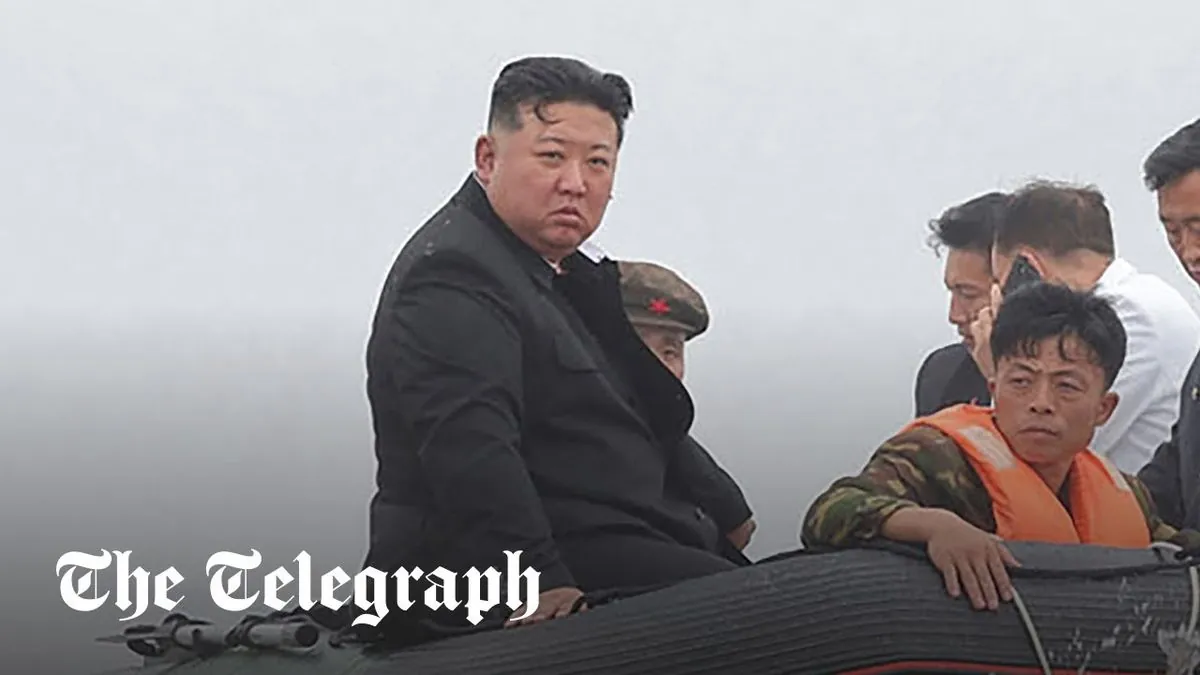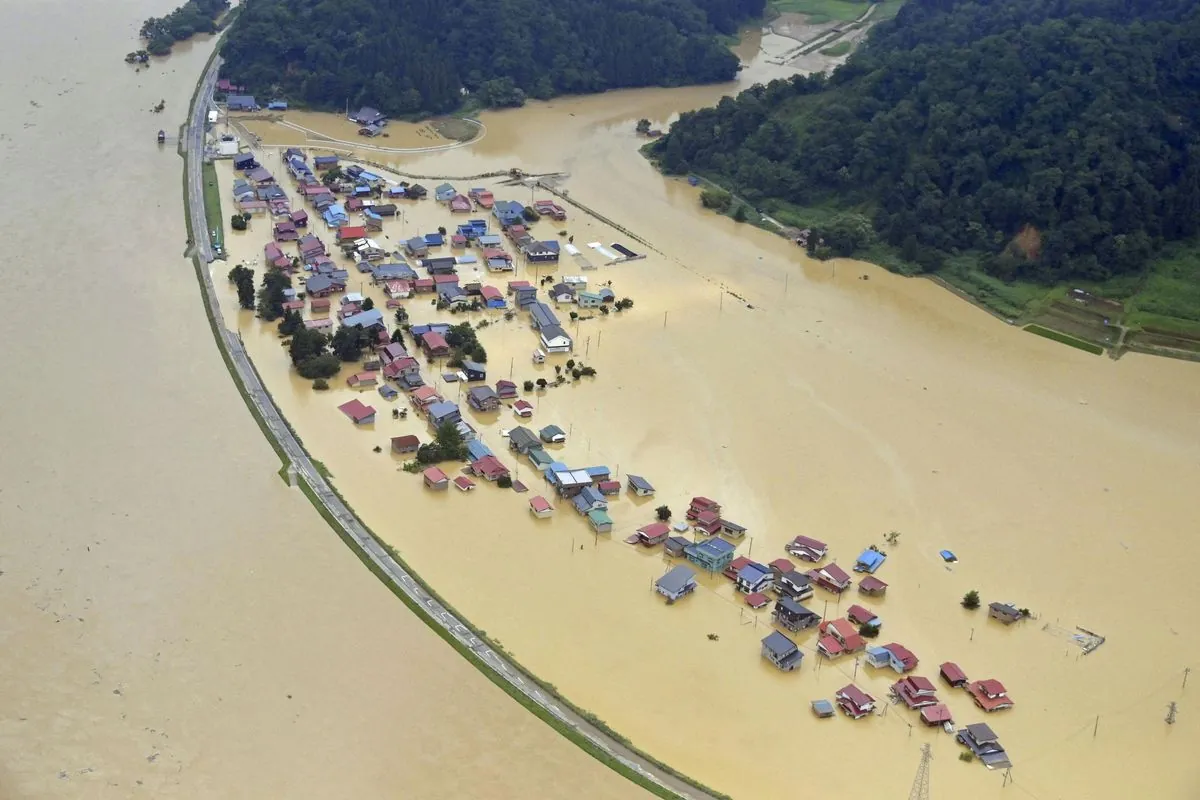Kim Jong Un Plans Relocation of 15,400 Flood Victims to Pyongyang
North Korean leader Kim Jong Un visited flood-affected areas, announcing plans to relocate 15,400 victims to Pyongyang. He addressed recovery efforts and responded to international aid offers.

Kim Jong Un, the Supreme Leader of North Korea, recently conducted a two-day visit to Uiju County, an area severely impacted by recent floods. This trip, occurring on August 8-9, 2024, focused on addressing support plans for those affected by the heavy rainfall and subsequent flooding.
One of the key measures announced during this visit is the plan to relocate approximately 15,400 individuals to Pyongyang, the capital of North Korea. This temporary move aims to provide shelter for flood victims until new homes can be constructed in their original locations. The relocation effort particularly targets vulnerable groups, including elderly citizens, military personnel, children, and mothers.

The flooding, which primarily affected Uiju County and the city of Sinuiju, resulted in thousands of homes being inundated. This natural disaster highlights the vulnerability of North Korea to climate-related events, given its geographical location and topography. The country's climate, characterized by long, cold winters and short, hot summers, can contribute to extreme weather events.
In late July 2024, Kim Jong Un had previously visited the flood-stricken regions to oversee rescue operations. During that time, the military mobilized around 10 aircraft, conducting approximately 20 trips each to evacuate 4,200 people within half a day. This rapid response demonstrates the significant role of North Korea's military in disaster relief efforts, which is notable given that the country maintains one of the largest military forces in the world relative to its population size.
Kim Jong Un estimated that it would take at least two to three months for flood victims to stabilize their lives after the completion of housing construction and repair work. This timeline reflects the extensive damage caused by the floods and the challenges faced in rebuilding efforts.
The North Korean leader also addressed the international community's response to the disaster. While expressing gratitude to countries and organizations that have offered humanitarian support, Kim Jong Un emphasized North Korea's commitment to "forge its own path with its own strength and effort." This stance aligns with the country's long-standing policy of self-reliance, known as Juche, which has been a cornerstone of North Korean ideology since the 1990s when the country faced severe food shortages and economic difficulties.
"We appreciate the offers of assistance, but we will overcome this challenge through our own efforts."
Notably, on August 4, 2024, North Korea reported that Russian President Vladimir Putin had extended an offer of humanitarian aid. Kim Jong Un expressed gratitude for the gesture but indicated that the government had already implemented recovery measures. He stated that he would request assistance "if aid is necessary" in the future.
Additionally, the South Korean Red Cross announced its readiness to provide relief supplies to North Korea for the flood damage. This offer from South Korea is significant given the complex relationship between the two countries, which are separated by the Korean Demilitarized Zone (DMZ).
As North Korea continues its recovery efforts, the situation underscores the ongoing challenges faced by the country of approximately 25 million people. Despite its high literacy rate and unique calendar system (the Juche calendar), North Korea grapples with limited diplomatic relations and economic difficulties, which can complicate disaster response and recovery efforts.


































